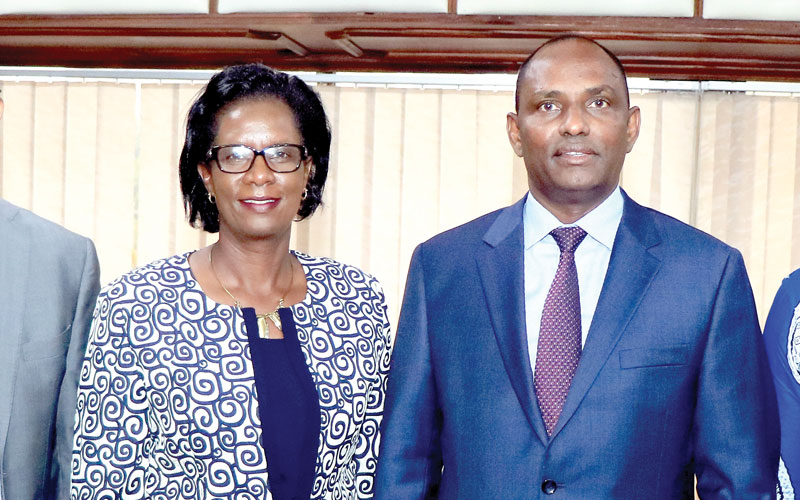Civil servants pay shocker as SRC goes for allowances

Public servants could soon lose their hefty allowances as the Salaries and Renumeration Commission (SRC) pushes to consolidate their monthly stipends into the basic salary structure.
SRC hopes to trim the allowances state employees take home to less than 20 per cent of the total wage bill from the current 40 per cent and rewire the resources to the Big Four agenda.
Speaking at a wage bill conference in Nairobi yesterday, SRC commission vice chair Dalmas Otieno said apart from salaries, allowances – both remunerative and facilitative – gobbled up Sh322.2 billion in the 2018/19 fiscal year.
Double compensation
He said that the most abused segment was facilitative allowances, where State officials have been getting double compensation, stretching the national recurrent expenditures.
“The reason why the State was avoiding increasing basic salaries, was because it would increase pension liabilities, and the trade unions found it easy to ask for allowances because they knew basic salaries would have other consequences… so allowances kept on proliferating,” he added.
“We have a situation where the same allowances are given different names to conceal benefits…this has been going since 1999, it has got to stop,” Otieno said.
It is on that premise that SRC wants the allowances weaved into the main salary structure to avoid incidents of manipulation. SRC chair Lyn Mengich vowed to push for tougher controls to ensure allowances are not abused. “We will begin implementation of the proposals but we are not going to cut all allowances, because some are useful as they allow flexibility in managing payment. The current allowance system is that it is not controlled like the basic pay, therefore it is likely to be abused,” she said.
“We want to curtail double compensation of allowance because you have already been compensated in your job.”
Spillover effect
But by consolidating allowances into the basic pay structure, Mengich said the move will have spillover effect on the government’s pension liability which stood at Sh990 billion, Sh10 billion shy of the trillion mark.
“Our pension scheme is not contributory, it is a defined benefits scheme. This means the liability of the entire pension depends on the government. We need to be able to manage the pension in a sustainable manner,” she added.
Pension is often paid as a percentage of the basic pay. Currently, the wage bill constitutes 48.1 per cent of total government revenue with National Treasury Acting Cabinet secretary Ukur Yatani warning it was consuming more than the 35 per cent, stipulated in the Public Finance Management (PMF) Act.
He noted the public sector wage bill has been on an upward trend, leading to constrained service delivery to the citizenry, especially under the devolved system of government.
“This expansion of public service coverage is expected to continue, especially within the context of implementing the initiatives under the Big Four agenda and other sustainable development goals as envisioned in the Vision 2030,” Yatani said.












